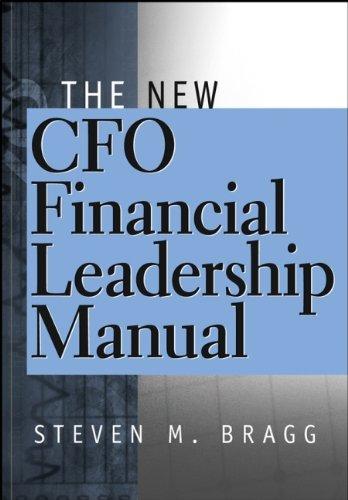Question
It is generally understood that in most circumstances, if the investor holds the majority of the voting rights (for example, the majority of the ordinary
It is generally understood that in most circumstances, if the investor holds the majority of the voting rights (for example, the majority of the ordinary shares in a company), then that should provide the investor with control over the investee. In this regard, paragraph BC97 to the Basis for Conclusions to IFRS 10 states:
an investor that holds more than half the voting rights of an investee has power over the investee when those voting rights give the investor the current ability to direct the relevant activities (either directly or by appointing the members of the governing body). The Board concluded that such an investors voting rights are sufficient to give it power over the investee regardless of whether it has exercised its voting power unless those rights are not substantive or there are separate arrangements providing another entity with power over the investee (such as through a contractual arrangement over decision making or substantive potential voting rights).
Referring to the above Basis for Conclusions to IFRS 10, write a brief report (not exceeding 500 words) providing an overview of the following:
Refer to the highlighted portion of the extract above and discuss how does IFRS 10 assist investors to determine whether potential voting right is or have ceased to be substantive?
Step by Step Solution
There are 3 Steps involved in it
Step: 1

Get Instant Access to Expert-Tailored Solutions
See step-by-step solutions with expert insights and AI powered tools for academic success
Step: 2

Step: 3

Ace Your Homework with AI
Get the answers you need in no time with our AI-driven, step-by-step assistance
Get Started


